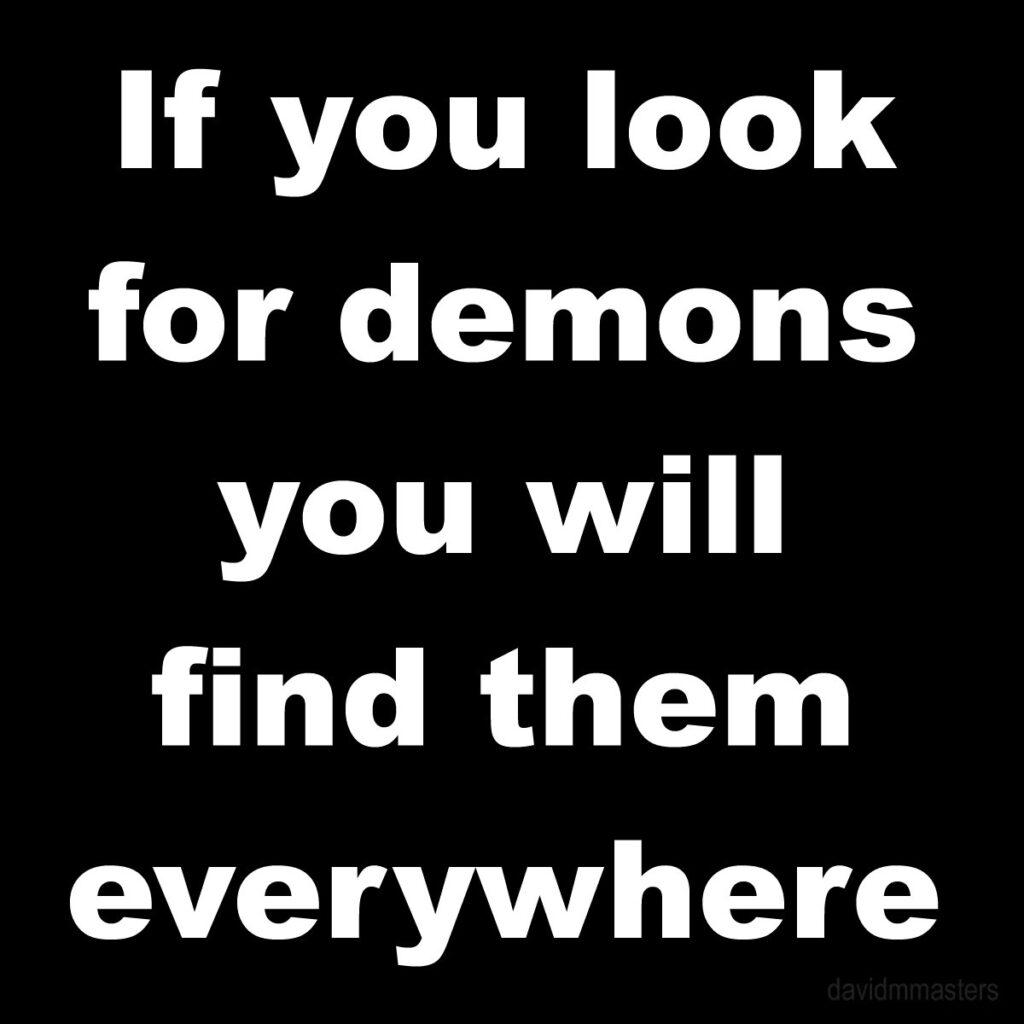Love resistance is one’s inability to accept and embrace the best things in life, the positive, powerful emotions, even rejecting them due to sensitivities to negative attachments from the past.
Fear will keep you anchored in negative emotional states because there is a feeling (albeit a false sense of security) associated with the belief that you can control the life which surrounds you with brute force. The emotions of fear are all in the domain of force.
In the realm of power, are emotions which are based in love. To hover among these emotional states requires letting go and allowing life to flow as you detach from expectations and grow.
You can achieve much in your own militaristic strength and understanding, but if you can lean not unto your own understanding, you open our life to new, infinite possibilities, allowing exponential rewards from far less effort on your part because you are operating in the flow of the power of love, in effect downstream.
Going with the flow, you travel much further with little or no effort. You must still be active and aware enabling you to simply maneuver your movement amidst the flow to avoid any potential resistance. You don’t have to be pushing to move upstream with all your might against the current.
If you are loving upstream, against the current, you will be unable to accept genuine love flowing from another. Your perception is clouded by fear from an experience from the past. You will be predisposed to suspicion of being love because love in the past resulted in pain.
You know you are loving upstream if you predicate any display of love with, “the last time.”
“The last time,” is an excellent method to support the survival of the fittest. We learn from our mistakes and protect ourselves from suffering a similar negative result by protecting ourselves with all our might upstream; against the current or flow of love.
Some examples might include, your partner asks you to put on your safety belt, and you resist because you’ve associated wearing a safety belt with being controlled of having the affairs of your life dictated by someone else in the past. You recoil with rejection, when your partner’s intent was to encourage you to be safe, as an expression of his or her love for you.
Other upstream rejections of another’s expression of love might include feeling assaulted when you are complimented. Feeling threatened if given an unexpected gift or shown some other form of generosity. Not being able to receive compliments because of either feeling unworthy or fearing potential manipulation. Rejecting intimacy because, “All you want is sex,” when this refers more to a past relationship, rather than reality in the now. And the list goes on and on, ad infinitum.
So you build walls of protection around yourself and push away any potential for love in fear, upstream, against the current.
Effective? Yes. Your highest and best method of living in the flow of love? No.
No wonder the search for love is so frustrating, even exhausting, when you’re attempting to achieve it with all your determined strength, loving upstream.





